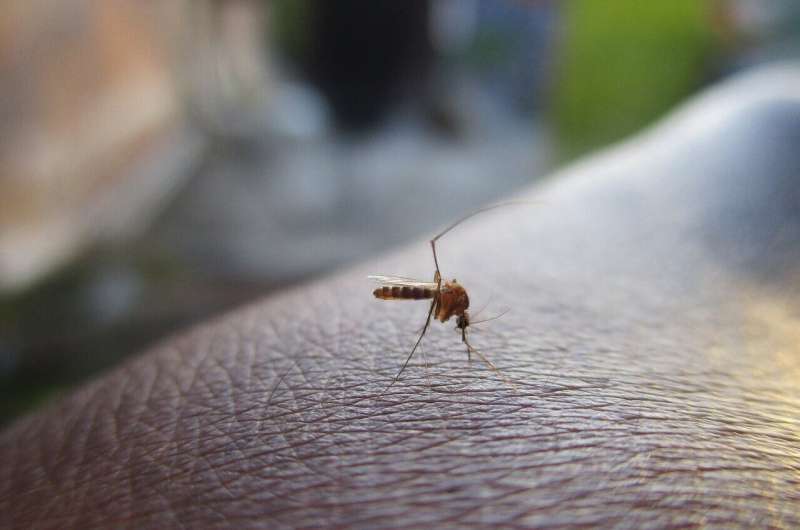Eight-Month-Old Infants Demonstrate Adaptive Learning Capabilities

New research shows that eight-month-old babies can flexibly adapt their learning styles to environmental changes, indicating early cognitive maturity and active engagement in learning processes.
Recent research conducted by Francesco Poli at the Donders Institute, Radboud University, reveals that babies as young as eight months old are capable of adapting their learning strategies based on changing environments. This groundbreaking discovery challenges the longstanding belief that infants passively acquire knowledge without demonstrating flexibility. The study involved showing infants a colorful monster on a screen, with its appearance location varying between the left and right sides. Using eye-tracking technology, researchers observed that babies could predict where the monster would appear, adjusting their gaze according to the stability or variability of the environment. When the monster’s location remained consistent over time, infants learned to focus their attention on that area. Conversely, in environments where the monster's position changed frequently, babies adapted their visual strategies to accommodate the new patterns. Additionally, the study collected parental insights through questionnaires about children's reactions to everyday situations, such as peek-a-boo and exploring new toys. Findings suggest that difficulty in adapting learning strategies in infancy might be linked to challenges in managing change later in life, including increased susceptibility to anxiety or depression. However, further longitudinal research is necessary to establish these connections definitively. The study, published in Science Advances, highlights that infants are not passive learners but actively engage with their surroundings, showcasing a flexible approach to acquiring knowledge from a very young age.
Stay Updated with Mia's Feed
Get the latest health & wellness insights delivered straight to your inbox.
Related Articles
Maryland Reports First Human West Nile Virus Case of the Year
Maryland has confirmed its first human case of West Nile virus for the year, urging residents to take preventive measures against mosquito bites during this high-risk season.
Innovative Research Unveils Snails as a Key Model for Studying Eye Regeneration
Discover how apple snails serve as a vital model for studying eye regeneration, providing insights that could lead to regenerative treatments for human eye conditions.
Emerging Role of Extracellular Matrix Pathways as a Target in Pediatric Cancer Treatment
New research identifies the extracellular matrix as a promising target for developing more precise therapies for pediatric rhabdomyosarcoma, highlighting molecular differences that impact treatment strategies.
Higher Psychotropic Medication Use in Elderly Residents with Dementia
Research indicates that residents with dementia in aged care are prescribed antipsychotic medications at twice the rate of those without dementia, highlighting ongoing challenges in safe medication management for older adults.



